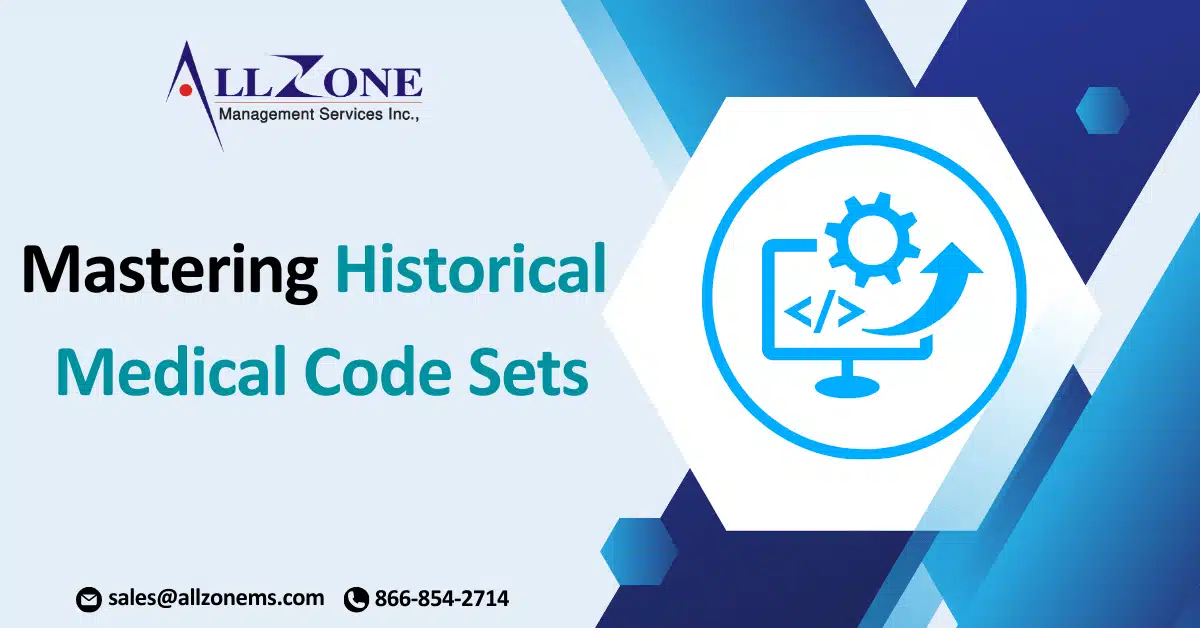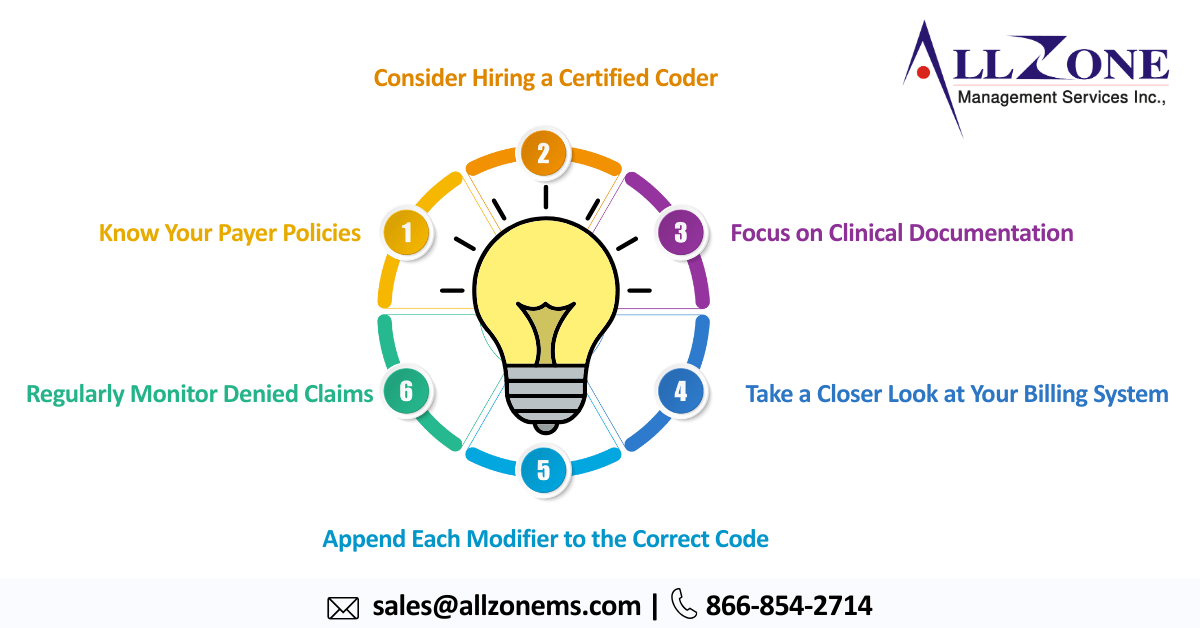The arrival of the New Year brings excitement as people worldwide gear up to welcome 2025 with dazzling celebrations. For many, it’s a time for fireworks, dancing, and toasting to new beginnings. However, for healthcare providers, understanding the relevant ICD-10 codes for New Year is crucial, as treating patients remains uninterrupted, even during the holiday […]
Remaining up-to-date is essential in the healthcare industry, but relying solely on current codes isn’t always the best approach. When auditing, handling appeals, or researching code usage for past encounters, a solid grasp of the descriptors and guidelines applicable during the date of service (DOS) can profoundly impact outcomes. Here’s a concise guide on effectively […]
The administrative burden of accurate medical coding is a major contributor to physician burnout—a challenge exacerbated by the COVID-19 pandemic. Studies consistently rank coding-related stress as one of the top concerns for healthcare providers. Medical Coding Mistakes, whether due to oversight or complexity, can have severe financial repercussions for medical practices. Denied claims, reduced reimbursements, […]
In medical coding, CPT modifier are vital for accurate reimbursement of healthcare services. These special codes, attached to primary procedure codes, provide additional details about the complexity or extent of a service. However, using modifiers incorrectly can lead to claim denials and lost revenue. This blog post shares six key tips to help you get […]
The 1995 and 1997 Documentation Guidelines and the 2023 CPT® E/M Services Guidelines are not drastically different when compared side by side. Some hospitals and coding and billing entities may believe that the new 2023 CPT® evaluation and management (E/M) services guidelines and code changes simplify the coding, billing, and auditing processes. However, it is […]
Primary care physicians (PCPs) face increasing challenges in the current healthcare environment: not having enough resources to care for patients, declining practice revenues, and overwhelming administrative burdens. On top of all that, there is a necessary, but mounting pressure to shift to value-based care. Having run a cardiothoracic surgery practice for 25 years, I have […]






